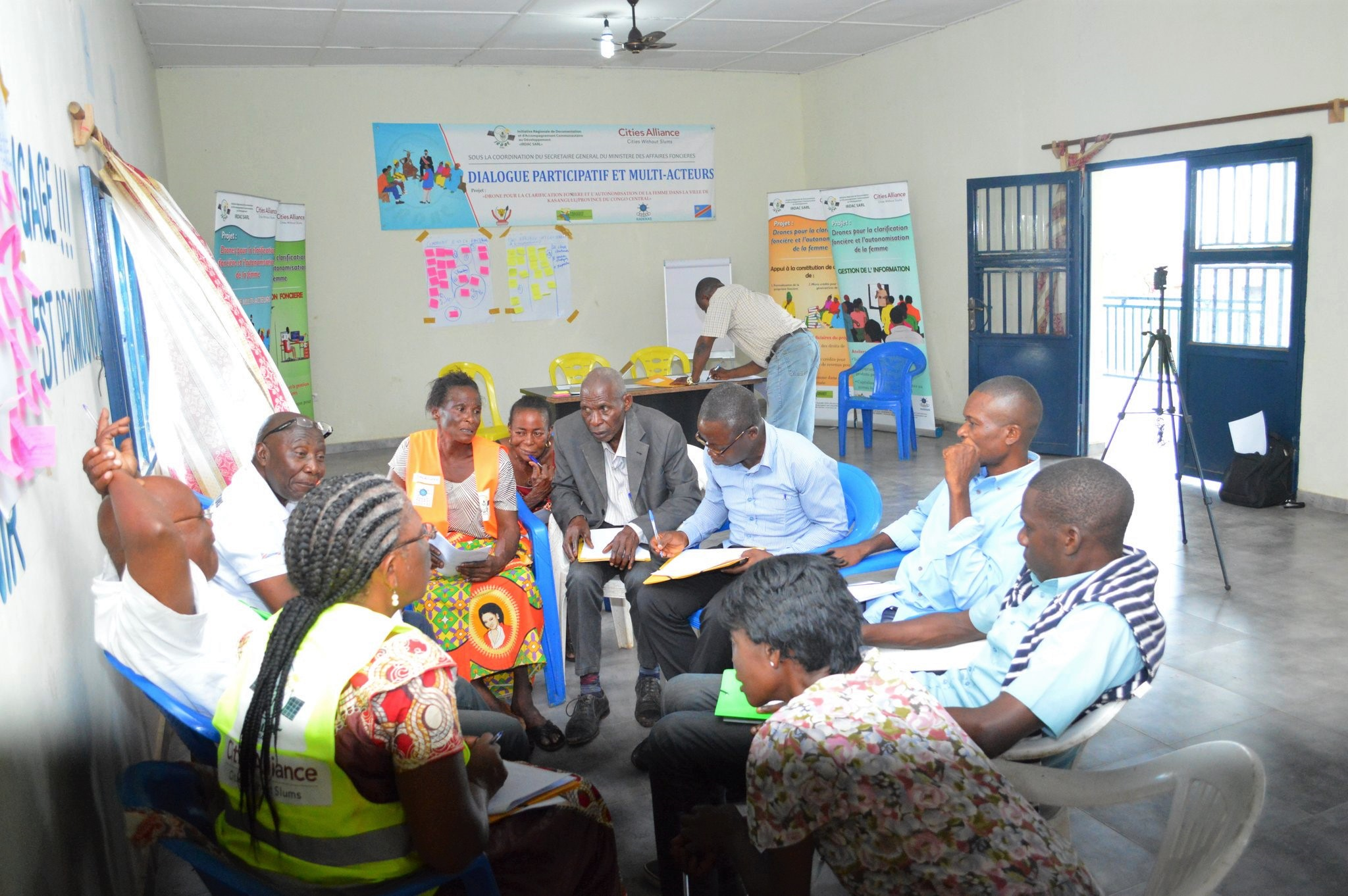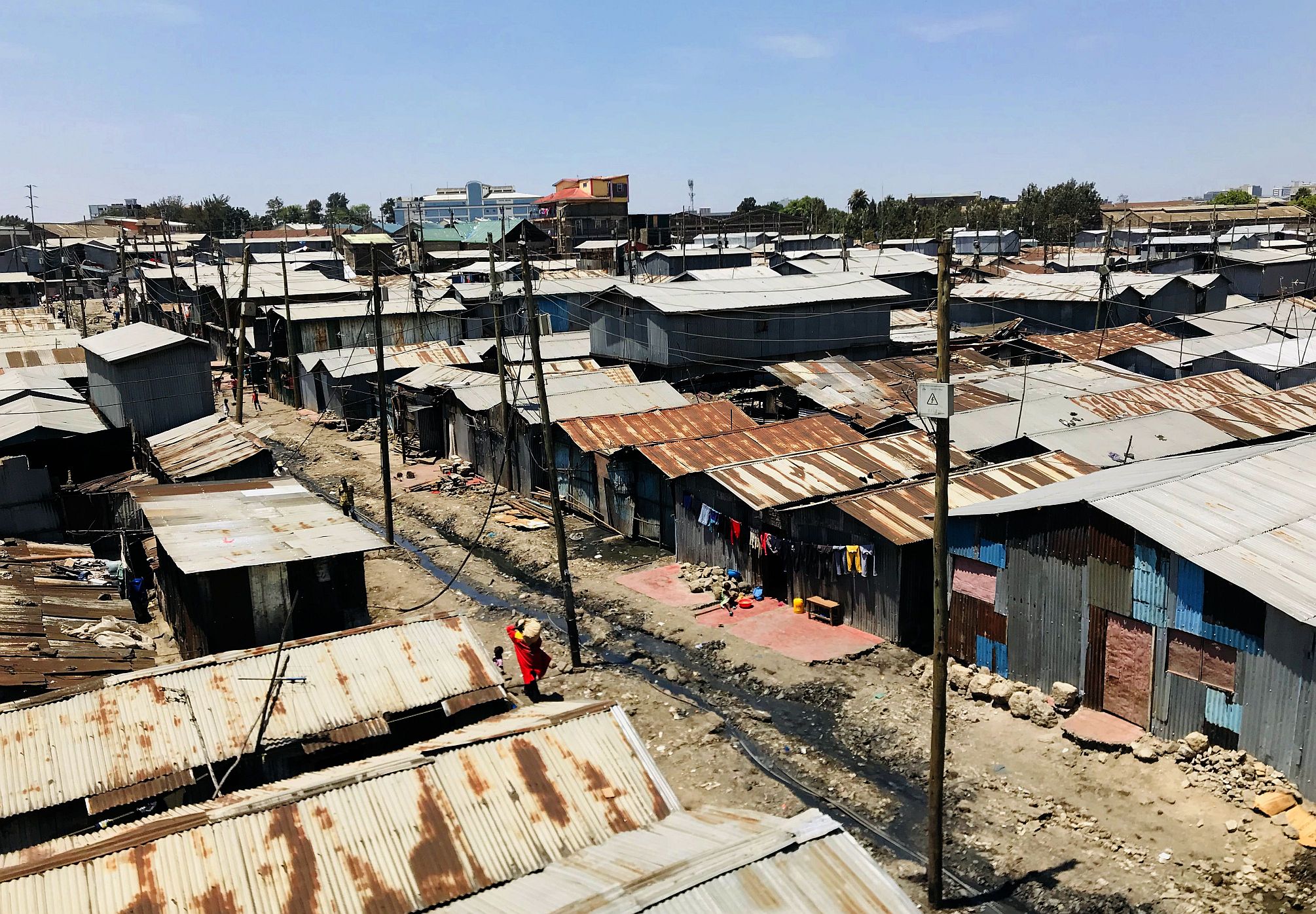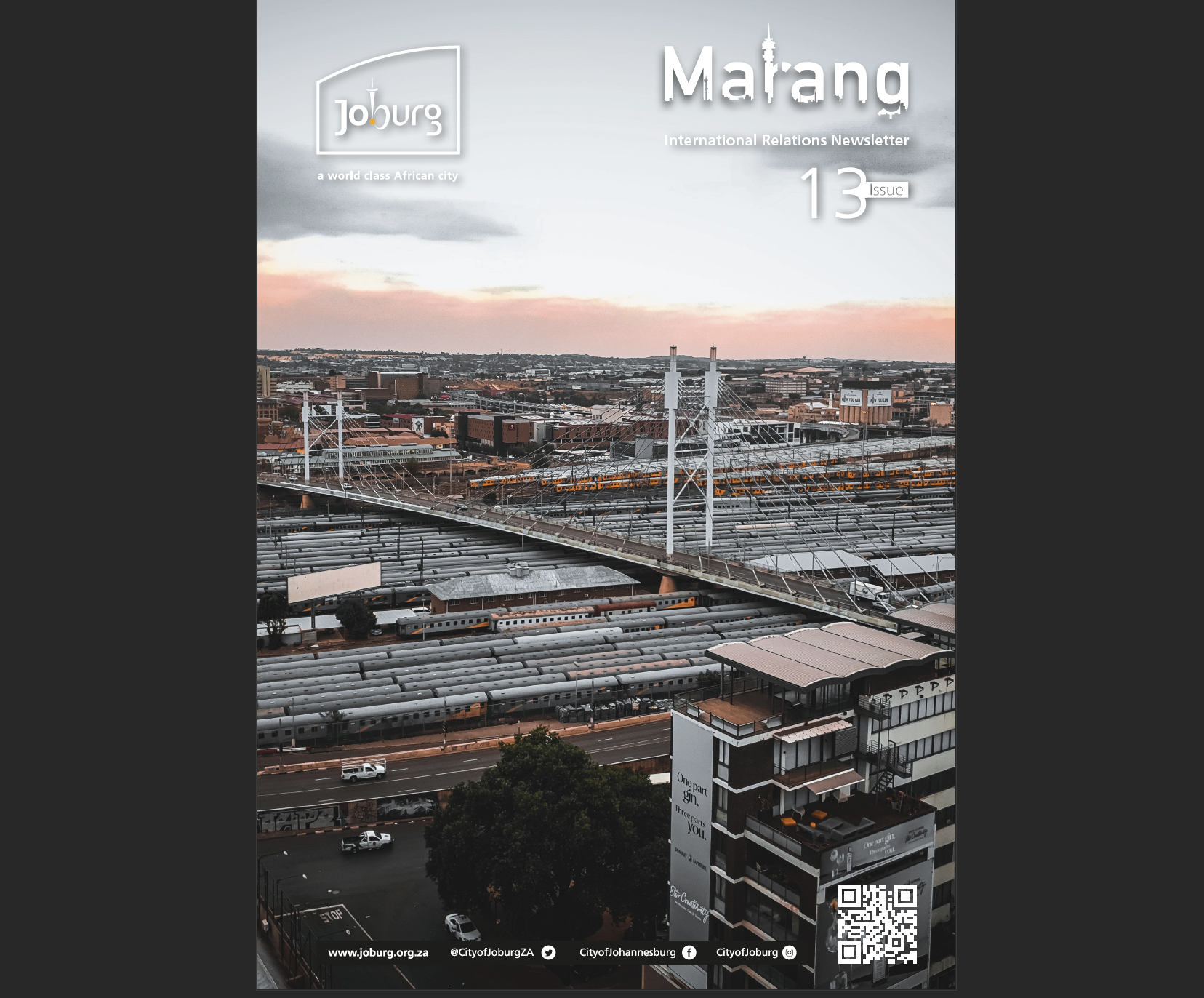- Who We Are
- How We Work
- Regional / Country Initiatives
- Legacy
- Core Themes
- Working Groups
- Portfolio & Results
- Newsroom
- Resources
Drones for Land Clarification and the Empowerment of Women

Project Update
Download - English version | French version
The city of Kasangulu, Democratic Republic of the Congo (DRC), is the closest city to Kinshasa, a megalopolis with a population of 15 million. Kasangulu faces the outbidding of land transactions caused by growing land pressure on a population composed mostly of poor farmers whose property rights are not secured. The city is also struggling with a lack of data and unclear land relationships that create conflict.
A grant from Cities Alliance Innovation Programme, is supporting the project Drones pour la clarification foncière et l’autonomisation des femmes (Drones for Land Clarification and the Empowerment of Women) to create a participatory process to formalise property and customary land rights for communities which are members of RADEKAS, a network of community-based development associations in Kasangulu.
The project will use drones to collect data on the settlements, which will then be used together with GIS data to create a digital cadastral database of the designated area. Sixteen people – 14 youths and two land agents – will be trained to use the drones. The information collected will be used to support land title applications in the communities covered by RADEKAS. It will also be used to create a dialogue with decision makers and other stakeholders on consensual, sustainable solutions to land issues.
It aims to particularly benefit women, who will receive support to use the land title to obtain micro-credit loans to start income-generation activities, thereby demonstrating the benefits of land titling for inclusive development.
For wider impact and to encourage replication, the project will hold presentations and workshops at the provincial and national levels to raise awareness of its activities and the role it can play in national land reform.
The activity is an innovative way to reduce land conflict by integrating technology with community engagement and capacity building.
This 2-page report highlights the key lessons learned and achievements so far and provides information on the way forward.


